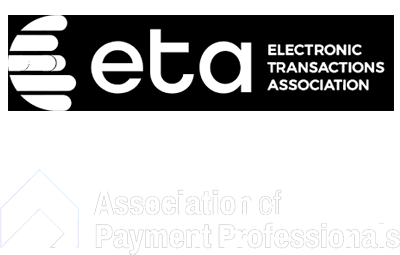26 Oct

Introduction
Merchant account fees are a common aspect of accepting card payments for businesses. As a business owner, it is important to understand the tax implications associated with these fees. One common question that arises is whether merchant account fees are subject to sales tax. In this comprehensive guide, we will explore the topic in detail and provide insights into the tax treatment of credit card processing fees. PayBlox will help you understand the regulations and guidelines surrounding credit card processing.
Overview of Credit Card Processing Fees
Merchant account fees are charges incurred by businesses for processing credit card transactions. These fees typically include interchange fees, assessment fees, and payment processor fees, which are necessary for the convenience and security provided during card payments. By using www.PayBlox.com, you can receive offers from multiple processors and decide which offer has the lowest fees for your business.
Sales Tax Basics
Sales tax is a consumption tax levied by states and certain local jurisdictions on the sale of goods and services. The tax is typically calculated as a percentage of the purchase price and collected by businesses on behalf of the taxing authorities.
Tax Treatment of Credit Card Processing Fees
The tax treatment of credit card processing fees varies depending on several factors, including state sales tax laws, the involvement of third-party payment processors, and the distinction between sales tax and merchant discount fees.
State Sales Tax Laws
Sales tax laws and regulations differ from state to state. Some states consider credit card processing fees as taxable, while others exempt them. It is crucial to familiarize yourself with your state’s specific tax laws and consult with a tax professional for accurate guidance.
Third-Party Payment Processors
When using third-party payment processors, the tax treatment of merchant account fees may vary. In certain situations, the payment processor may be considered the party responsible for collecting and remitting sales tax, relieving the business of this responsibility. Again, it is essential to understand the specific rules in your jurisdiction.
Direct Assessments
In some cases, states may impose direct assessments on credit card processing fees. These assessments are separate from sales tax and are typically used to fund specific programs or initiatives. Direct assessments are subject to the rules and regulations of each state.
Differentiating Sales Tax and Merchant Discount Fees
It is important to differentiate between sales tax and merchant discount fees. Sales tax is collected by businesses and remitted to the appropriate taxing authorities, while merchant discount fees are charges incurred by businesses for the privilege of accepting credit card payments. Merchant discount fees are not typically subject to sales tax.
Importance of Consulting a Tax Professional
Given the complexities surrounding sales tax and credit card processing fees, it is highly recommended to consult with a tax professional. They can provide tailored advice based on your specific business location, sales volume, and applicable tax laws. Seeking expert guidance will help ensure compliance and accurate tax reporting.
Mitigating Tax Liabilities
While navigating the tax treatment of merchant account fees, there are strategies you can employ to mitigate tax liabilities associated with these fees.
Separating Fees on Invoices
Separate merchant account fees from the taxable amount on customer invoices. This clear separation helps ensure accurate sales tax reporting and minimizes potential discrepancies.
Tracking and Documenting Expenses
Maintain detailed records of merchant account fees and related expenses. Proper documentation allows you to track deductible expenses and demonstrate compliance during tax audits.
Compliance with Tax Laws
Compliance with tax laws is crucial for businesses. Stay updated on changes in sales tax regulations and consult with a tax professional to ensure proper reporting and remittance of sales tax. Maintain accurate records and file tax returns in a timely manner to avoid penalties and interest.
Conclusion
Navigating the tax implications of merchant account fees requires a solid understanding of state sales tax laws and regulations. By consulting a tax professional, differentiating sales tax and merchant discount fees, and implementing strategies to mitigate tax liabilities, you can ensure compliance and minimize the impact of credit card processing fees on your business’s tax obligations. Remember to stay informed and adapt your practices as tax laws evolve to maintain compliance with applicable regulations.






